
Alcohol and Kidney Diseases
‘Care for your Kidneys’ series
(Brought to you by MOHAN Foundation & Care for Your Kidney Foundation)
It has been assessed by the World Health Organisation (WHO) that an individual consumes about 6.2 litres of alcohol per year. An average Indian male drinker over 15-years-old consumes 33 litres of alcohol a year while the average for women is 11 litres, according to a study by the WHO. One-third of males and one-fourth of females in India who have made it a part of their lives say, in surveys, that it causes problems to their physical health, finances and household responsibilities.
Drinking alcohol can affect many parts of your body, including your kidneys. A little alcohol—one or two drinks now and then—usually has no serious effects. But drinking too much can harm your health. It can also worsen kidney disease.
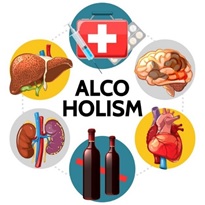
How does alcohol harm the kidneys?
Your kidneys filter harmful substances from your blood. One of these substances is alcohol. Alcohol can cause changes in the function of the kidneys and make them less able to filter your blood. In addition to filtering blood, your kidneys do many other important jobs. One of these jobs is keeping the right amount of water in your body. Alcohol affects the ability of your kidneys to do this. When alcohol dehydrates (dries out) the body, the drying effect can affect the normal function of cells and organs, including the kidneys.
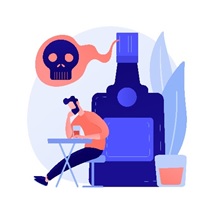
How much alcohol is too much?
When experts talk about one drink, they are talking about one 12-ounce bottle of beer, one glass of wine (5 ounces), or one shot (1.5 ounces) of "hard liquor."
Having more than three drinks in a day (or more than seven per week) for women, and more than four drinks in a day (or more than 14 per week) for men, is considered "heavy" drinking. The kidneys of heavy drinkers have to work harder. Heavy drinking on a regular basis has been found to double the risk for kidney disease.
Binge drinking (usually more than four to five drinks within two hours) can raise a person's blood alcohol to dangerous levels. This can cause a sudden drop in kidney function known as "acute kidney injury." When this happens, dialysis is needed until a person's kidney function returns to normal. Acute kidney injury usually goes away in time, but in some cases, it can lead to lasting kidney damage.
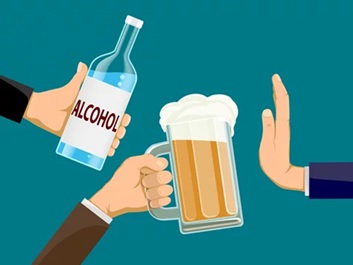
Kidney Failure and alcohol consumption
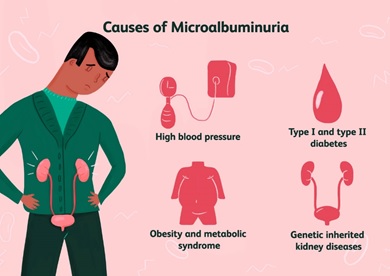
Kidney Disease
Kidney disease has many causes that are not related to alcohol, but alcoholism is an undeniable factor in the development of kidney disease, especially because people who drink too much often have:
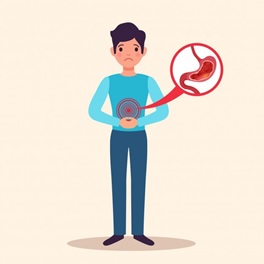
Alcohol, whether in moderation or excess, exacerbates kidney problems to the point of actual kidney disease.
Alcoholism - how to prevent it?
1) Set a drinking goal- Set a limit on how much you will drink. Your doctor can help you determine what's right for you
2) Don’t keep alcohol in your house- having no alcohol at home can help limit your drinking
3) Drink slowly- Sip your drink. Drink soda, water, or juice after having an alcoholic beverage. Never drink on an empty stomach.
4) Watch for peer pressure- Stay away from people who encourage you to drink more and practice ways to say ‘No’ politely when an extra drink is offered to you.
5) Keep yourself busy- Take a walk, play sports, go out to eat, or catch a movie. When you're at home, pick up a new hobby or revisit an old one. Painting, board games, playing a musical instrument, woodworking — these and other activities are great alternatives to drinking.
6) Find a community – Building new relationships with people who also choose to avoid alcohol can have a lot of benefit.
7) Prioritize wellness – stay hydrated, eat regular, balanced meals, try to include foods that increase energy and boost mood. Get regular physical activity, if you are able to. Make better sleep a priority.

8) Keep a journal – Journaling can be a great tool to track your feelings as you work on quitting alcohol. It also offers a useful space to list reasons you want to quit and brainstorm activities to replace drinking.
9) Reach out for support – If you are having a hard time sticking to your goal or just want some extra guidance, consider reaching out for professional support.
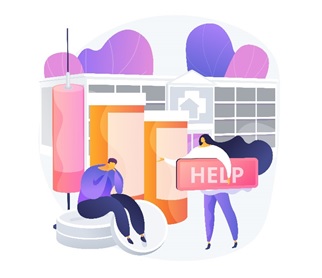
At the end of the day, one of the most important tools you have at your disposal is self-compassion.
Instead of criticizing yourself for having a hard time or slipping up and having a drink, remember that no one’s perfect. What matters most is your ability to maintain an open, curious outlook as you learn what does and doesn’t work for you.